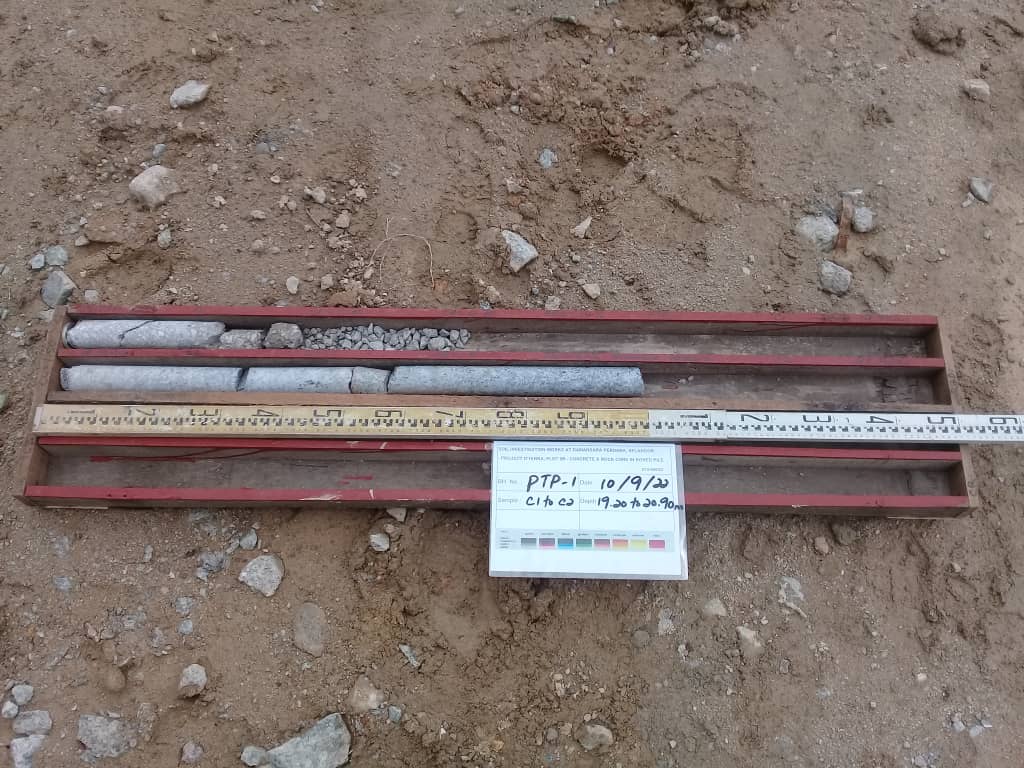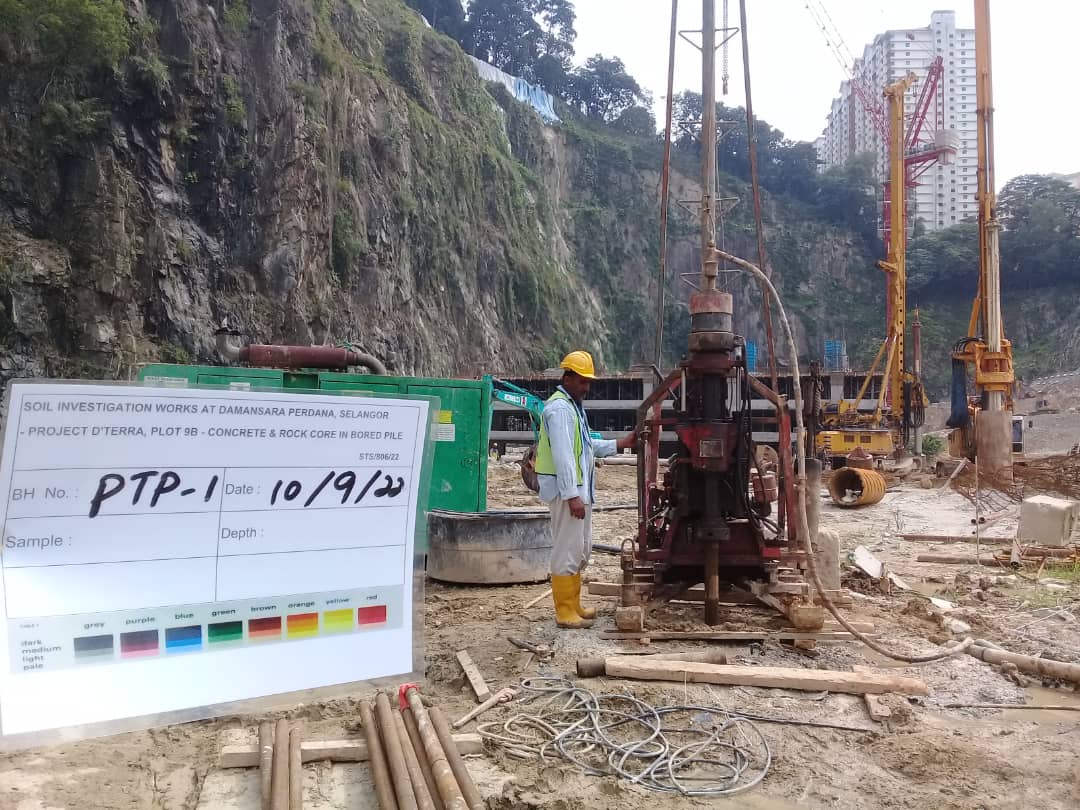

Wash Boring (Soil Investigation)
Wash Boring is a common soil exploration method used for exploratory boreholes, particularly in soft and alluvial deposits. This approach uses water and casing to progress a borehole while eliminating soil cuttings. Wash digging, which follows normal geotechnical site investigation techniques, is used to gather soil samples, determine stratigraphy, and conduct in-situ tests such as the normal Penetration Test (SPT). It is extremely successful in preparing boreholes for sampling and logging in regions where conventional rotary or percussion drilling technologies may be impractical. Wash boring is a popular method for conducting exploratory studies for structures, roads, and utility installations due to its ease and adaptability.
Advantages of Wash Boring (Soil Investigation)
- Ideal for soft or saturated soils
- Cost-effective and easy to mobilize
- Allows for accurate soil profiling and logging
- Facilitates Standard Penetration and sampling tests
- Suitable for shallow to moderate depths
- Minimal mechanical equipment required
- Useful in both urban and remote locations







 US 10483
US 10483  GB 7681
GB 7681  CA 7218
CA 7218  AU 6880
AU 6880  IE 4933
IE 4933  NZ 3420
NZ 3420  BR 1892
BR 1892  MX 606
MX 606 

